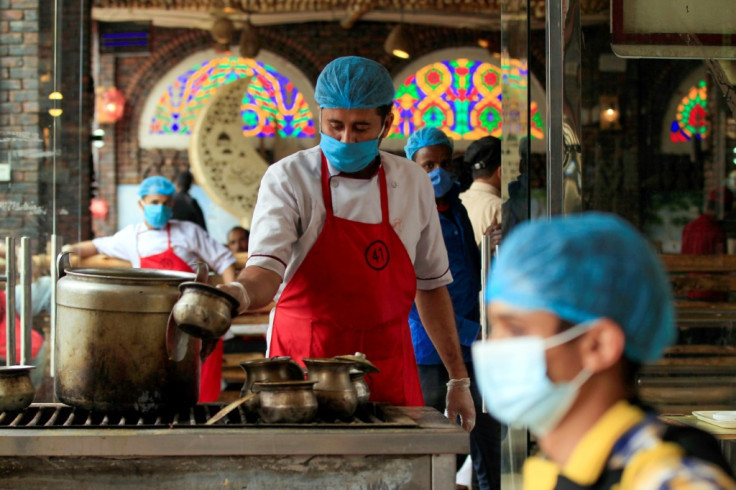UK vows aid budget is safe despite ministry's demise
The ministry is being subsumed into the Foreign Office, prompting fears Britain's £15-billion budget for international aid could be raided.
Britain on Wednesday rejected criticism that it was abandoning the world's poorest at a time of global crises by closing down its overseas development ministry, insisting it stood by its hefty aid commitments.
The ministry is being subsumed into the Foreign Office, prompting fears Britain's £15-billion ($19-billion) budget for international aid could be raided to help foot the soaring economic bill of the coronavirus pandemic, or fund other priorities.
However, Foreign Secretary Dominic Raab said the government remained committed to spending 0.7 percent of Britain's national income on aid, as his new beefed-up Foreign, Commonwealth and Development Office started operations.
The pandemic and famine around the world were a direct threat to British interests, he told parliament.
"We can only tackle these global challenges by combining our diplomatic strength with our world-leading aid expertise," Raab said, stressing Britain was emulating the model of other nations such as Australia and Canada.
The expanded ministry "will deliver on this government's commitment to forge a truly Global Britain, to defend all aspects of the British national interest and to project Britain as an even greater force for good".
Raab said his new department would be to the fore as Britain takes over the G7 presidency next year, and the UN climate change conference known as COP26, at the start of a new chapter following its Brexit divorce from the European Union.
The old Department for International Development (DfID) was created by Tony Blair's Labour party when it took power in 1997.
The news in June that it was to disappear as a separate entity sparked an angry response from the former prime minister.
One of Blair's Conservative successors, David Cameron, even warned the development would result in Britain commanding "less respect" on the global stage, and agencies such as Oxfam said the world's poorest people would suffer.
The Times newspaper reported on Wednesday that finance minister Rishi Sunak was seeking to divert billions from the aid budget to pay for upgrades to intelligence capabilities and military hardware.

Raab dismissed the Times report as "tittle-tattle".
But Lisa Nandy, the main opposition Labour party's foreign affairs spokeswoman, said the aid shake-up was another "complete mess" after months of government U-turns over Covid-19.
DfID's creation in 1997 was a "game changer... and to put that at risk now is extraordinary", she told Raab in parliament, highlighting the defunct department's most recent work supporting vaccine research and the COP26 agenda.
"The world will be wondering what on earth is going on," she said.
Former international development minister Andrew Mitchell, a member of Raab's governing Conservatives, warned of trouble if the government tried to dip into the aid pot.
"With the ink hardly dry on our manifesto, I don't think the House of Commons would easily agree to balance the books on the backs of the poorest women and children in the world," he said.
As a percentage of gross national income, Britain's budget for official development assistance is the highest among the elite G7 economies, according to the Organisation for Economic Co-operation and Development.
It was the only G7 nation to meet the UN-mandated 0.7 percent target last year, OECD data show, and eliminating the benchmark would require a change of law in Britain.
But opponents led by right-wing newspapers argue the funding regime is often wasteful and open to corruption.
Conservative Prime Minister Boris Johnson's government argues that UK aid needs to be allied more closely to geopolitical threats, particularly from China and Russia.
Raab marked his expanded portfolio by announcing £119 million in new funding to tackle the coronavirus outbreak and famines affecting more than six million people in the world's poorest countries.
They include Yemen, Democratic Republic of Congo, Somalia, Central African Republic, the Sahel region, South Sudan and Sudan.
Raab also appointed a senior civil servant to be Britain's first special envoy for famine protection and humanitarian affairs.
Copyright AFP. All rights reserved.
This article is copyrighted by International Business Times, the business news leader





















